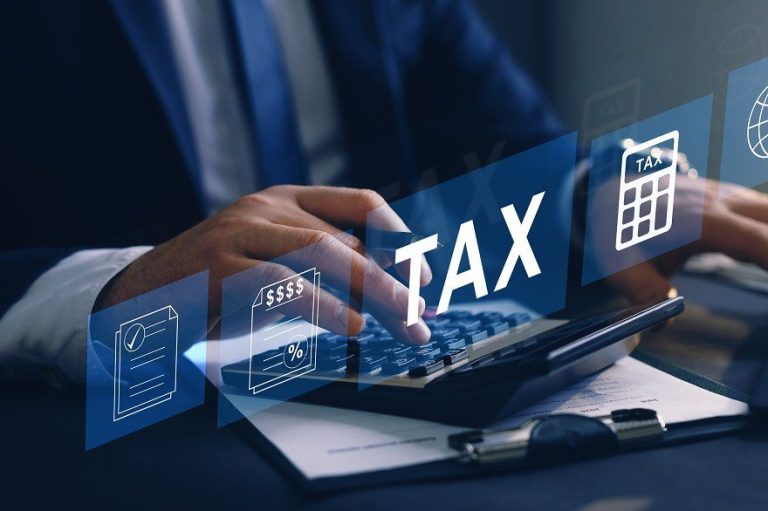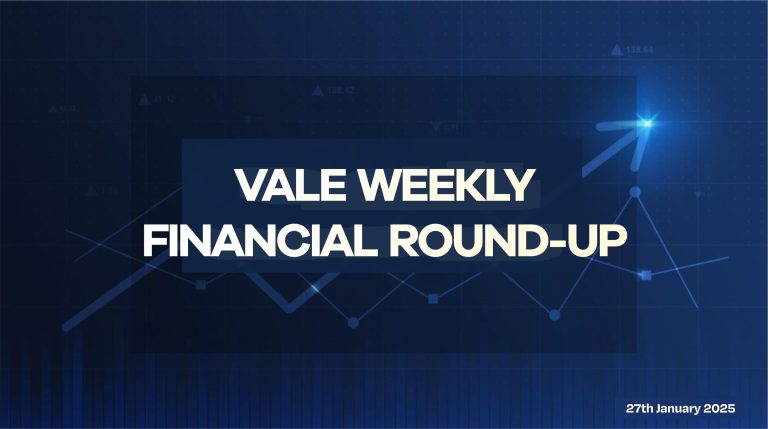This week on Vale Finance Compass: Every new year, people set resolutions to save more, spend less, invest smarter, and build wealth. Let’s explore how to turn those goals into lasting habits. By March, those resolutions often fade off. Resolutions rely on willpower, and it is a limited resource. Systems, on the other hand, are sustainable. They do not depend on your mood. They simply work because they are designed to fit into your life seamlessly.
So, how do you build practical systems that foster financial growth in 2025? Here’s your detailed guide.
To start, define your goals clearly. A system without a clear goal is just noise. Begin by articulating what you want to achieve financially. Do you want to save ₦500,000 for a major purchase? Build an emergency fund that covers six months of expenses. Or earn passive income from investments? Be as specific as possible, and ensure these goals are SMART: Specific, Measurable, Achievable, Relevant, and Time-bound. Once your goals are clearly defined, you can design systems to make them a reality.
Next, automate your finances to take the guesswork out of financial management. Automation ensures consistency without requiring constant attention. Set up and use an app that automatically moves money to your target savings as soon as you receive your salary. For instance, Vale’s Target Savings Plan allows you to create automated contributions toward specific goals. Automation creates a “set it and forget it” system that works in the background while you focus on other priorities.
Tracking your income and expenses consistently is another critical component of an effective system. You cannot manage what you do not measure. Make it a habit to monitor your financial inflows and outflows meticulously. Dedicate a few minutes each weekend to reviewing your finances. Reflect on whether you stuck to your spending plan and how much closer you are to achieving your goals. At the end of each month, make small adjustments to your system to ensure you remain on track.
Systems work because they are consistent, logical, and adaptable. They save you time, energy, and stress while bringing you closer to your financial goals every day. As 2025 approaches, commit to designing systems that serve you. Remember, it is not about being perfect. It’s about being intentional, consistent, and adaptable.
NOW TO THE NEWS
Recapitalization: Banks in last lap to meet deadline
With only 15 months left for banks to meet the deadline for the new share capital benchmarks, the Central Bank has warned that the March 2026 deadline will not be shifted. Speaking to this writer, a CBN director said, “the idea of extension or shift of the deadline does not arise. They were given more than two years to meet the new threshold, and by our calculations, that is enough time. We are not contemplating an extension.” So far, of Nigeria’s 36 lenders, only Access Holdings has concluded the capital raising exercise, bringing in a little over N351 billion from its rights issue of 17.772 billion shares that sold for N19.75 per share. The offer closed in August. With this, Access Bank has thus become the first to meet the CBN’s N500 billion minimum capital requirements for banks with International Authorization well ahead of the March 2026 regulatory deadline. The bank’s share capital would increase to N600 billion, N100 billion above the regulatory minimum requirement.
For the other 35 banks, the next year will be a crowded and busy period. A few have gone far, while many others are yet to make appreciable progress. Some, like the other four tier-one lenders—GT, UBA, First Bank, and Zenith have already announced their offers but are yet to conclude the process, others, especially the small regional and some national banks, are still lagging behind. There have been a host of challenges, though, even among the big ones. FBN Holdings, the parent company of First Bank, has had its program slowed down considerably by the Boardroom crisis. The long-drawn battle between Femi Otedola and Oba Otudeko for control of the company has just been settled, with Otedola emerging as chairman of the holding company. While Zenith Bank has had to juggle both capital raising and reconstituting itself into a holding company at the same time, GT Bank has just survived a major service disruption and customer backlash due to migration to a new IT platform.
Nigeria currently running on N7 trillion fiscal deficit as of Q3 2024
Nigeria’s fiscal deficit reached N7.05 trillion by the end of the third quarter of 2024, according to figures disclosed by President Bola Ahmed Tinubu during his presentation of the 2025 Budget of Restoration to the National Assembly on December 18, 2024.
The deficit arises from the gap between the country’s total revenue and expenditure for the year so far, highlighting the government’s continued reliance on borrowing to bridge funding shortfalls amid ambitious spending plans.
The President also presented a budget of N47.9 trillion in 2024 backed by a revenue of N34.8 trillion, suggesting a fiscal deficit of N13.1 trillion, a national record.
2025 Budget: Yet again, Tinubu peddles a false hope to Nigerians
Bola Tinubu’s 2024 budget, his first as president, was a whopping N28.77 trillion. He dubbed it “Budget of Renewed Hope.” But, as 2024 crawls to an end this week, the hope that Tinubu promised to renew turns out to be a mirage. Rather than experiencing the actualization of hope, most Nigerians have witnessed utter despair. In 2024, according to the National Bureau of Statistics (NBS), over 64 percent of Nigerians had to skip meals and go to bed hungry as they couldn’t afford enough food, while the year ended with nearly 100 people dying in desperate stampedes for “palliatives.” The NBS also said Nigerians paid N2.3 trillion in ransoms as widespread kidnappings gripped the country. So, put simply, Tinubu’s 2024 “renewed hope” budget failed Nigerians.
Well, now, Tinubu has proposed a budget of N47.9 trillion for 2025. He calls it “Budget of Restoration: Securing Peace, Rebuilding Prosperity.” But would this staggering sum make an iota of difference to the lives of ordinary Nigerians? The answer, sadly, is no. For truth be told, it’s yet another false hope.
Naira seen hitting N1,804/$ on 2025 volatility projections Report
The Nigerian naira is projected to depreciate to a weighted fair value of N1,804.45 in the coming year as a tendency of volatility persists.
This is according to a new report by Lagos-based investment and research firm Afrinvest titled ‘Beyond The Rhetorics: Transforming Reforms to Tangibles.
The research company revealed that while the gross foreign reserves have risen above $40 billion, “we anticipate that exchange rate volatility would persist in 2025 albeit at a modest pace.”
Our prognosis is hinged on the belief that the CBN would be constrained from adequately meeting market demand on a sustained basis, as the recent FX reserves accretion was largely driven by inflows from inorganic sources, including those with stringent conditions on usability.


